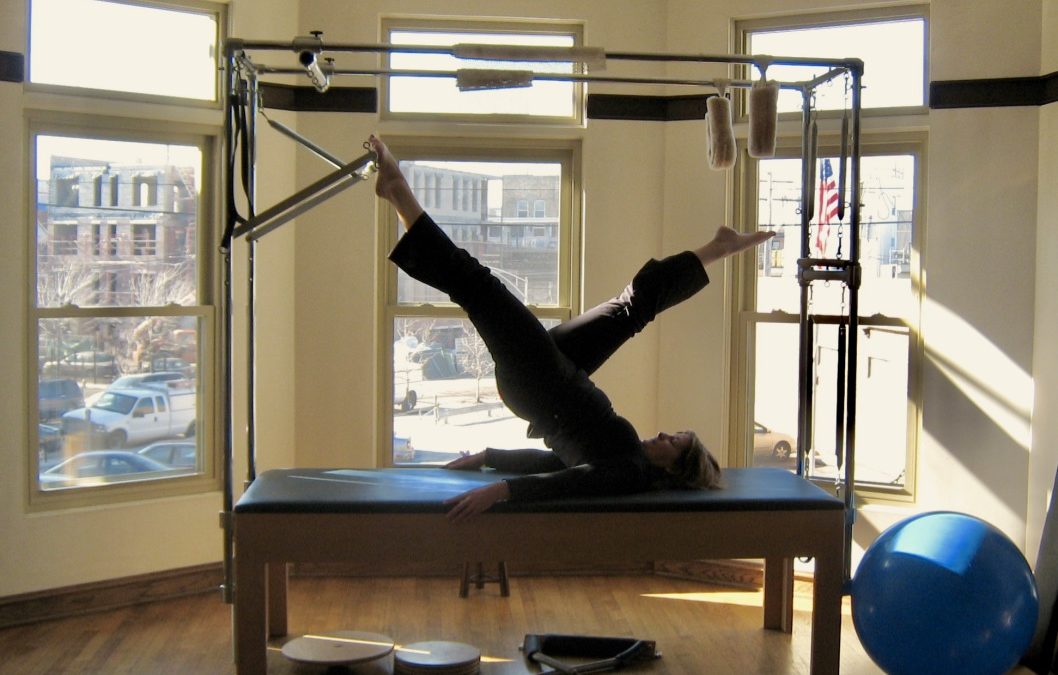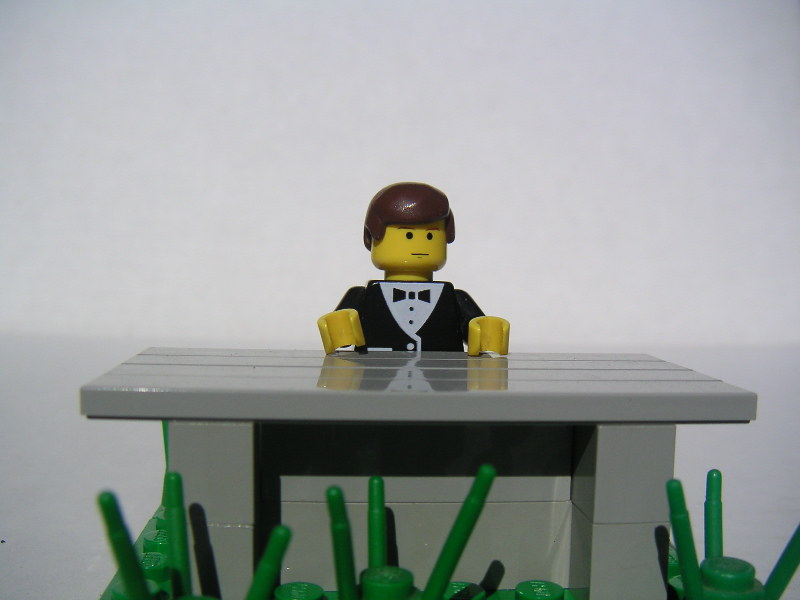
by CHRC | Oct 21, 2020 | Agility, Corporate Culture, Covid-19, Creativity at Work, Leadership, Leadership Agility, Strategy, Work From Home
It might seem obvious to speak about three women upon whom I am dependent for my body not seizing up on me from sitting for seven months—but it is not THAT stretching I am referring to.
One of the best business books I picked up in a long time is Stretch – Unlock the Power of Less – and Achieve More Than You Ever Imagined. One of the things most appreciated is that the author, an organizational development expert, provides research to back up many of my own theories from years of observing. A key theme in the book is resourcefulness—making do with what you have at hand versus waiting for the perfect desk, office, or moment.
In my own life, one of the best examples of the resourcefulness that I’ve experienced during this pandemic comes from three people who have spent the past several years teaching me how to stretch, literally. Using different modalities, Stephanie, Kathleen, and Sarah have stretched, and strengthened me, using different aspects of PT, Gyrotonic, and Pilates. In the midst of a national pandemic, I was not ready to give up my own stretching, especially as being confined to quarters made me feel like I was shrinking.
Exactly as Scott Sonenshein describes, these three women on whom I have come to rely on for my physical well-being, quickly figured out how their other clients and I could improvise without a studio and equipment. Anyone who is familiar with Pilates or Gyrotonic understands that they typically involve elaborate equipment, but I quickly sourced some additional foam rollers and my physical therapist sent out therapy bands to several of her clients. Being an early lover of Zoom, I was able to lend a hand in coordinating us all online. One day we decided that the screen definition was a little too good when one of the instructors could detect a muscle group that was not engaging!
All three of these lifesavers have invented new techniques, improvised equipment for clients who didn’t have weights at home (soup cans are just fine!) and focused on what was most important—the physical health and well-being of their clients.
Where are places that you have stretched?

by CHRC | Oct 15, 2020 | Corporate Culture, Creativity at Work, Fail Forward, Innovation, Leadership, Pivoting, Strategy
… smarter than you think. – A. A. Milne
But perhaps only if you work in the right environment?
It is an environment in which the best leaders are going to foster, sustain, and reward innovation.
Yet easier said than done for leaders for whom this is a whole new paradigm. So, imagine the thrill when the Harvard Business Review published a wonderful “how to” article this week. The article not only reinforced the theme of last week’s blog—but the author was clever enough to give seven concrete ways to create the kind of environment in which people are going to feel comfortable taking chances. Experimenting. Improvising. Innovating. Being Creative. All the things that the Autumn of Covid requires.
The author, Timothy R. Clark, announces at the outset of his article that once you stop innovating, you die. He dubs the required culture one of Intellectual Bravery, a superb concept and phrase. Who is responsible for creating, cultivating, and sustaining this culture? The leader.
All seven of the techniques or behaviors he points out are wonderful, but if you could only do four, CHRC prioritizes these:
- Take your finger off the fear button – credit once again to John Cleese; sorry, Machiavelli
- Assign dissent – rotate the role of Devil’s advocate
- Model vulnerability – if a leader cannot do this after the last seven months … question his humanity
- Weigh in last – Probably the most valuable tactic of all. As consultants we have watched an entire day’s worth of desperately needed information and input get instantly silenced by a leader who airs his opinions first.
History rewards the brave, and apparently, so does innovation.

by CHRC | Oct 7, 2020 | Corporate Culture, Creativity at Work, Fail Forward, Innovation, Leadership, Pivoting, Strategy
The Larch
No—but a laugh. And some humor. And why should that be so completely different at work?
A recent article in The Economist focused on the importance of humor in the office. Your first response:
What is funny right now?
and
No one is IN the office!
But it took me back to an article that must be well over 30 years old. It was an interview with John Cleese about management. John Cleese, who I associate with Monty Python and providing the serious segues between silly segments, made two points that have stayed with me three decades later:
- Don’t create a culture where people are so scared to make a mistake, that when you ask them what time it is, they will say between 1:00 and 2:00 rather than tell you it is 1:10 for fear it might really be 1:15. He asked: one is a right answer, one is a wrong answer, but which answer is of more use to you?
- Humor is a useful tool because when people laugh, you know that they understand.
Humor is essential if you are going to build a creative environment, because for that sort of environment to thrive, people have to take chances and yes—make mistakes. When mistakes are made, chuckles, not chastising, are required.
As we begin whatever phase we are entering in this Autumn of Covid, creativity will be required. Again. Just when everyone feels like they have used up every ounce of the creative juices they have, taking chances, making mistakes, improvising … is all going to be required of everyone. The best leaders are going to have to know how to foster it, sustain it, and reward it.
Yes, Zooming makes office humor a bit more complicated. Nuance and timing are definitely more challenging. But you can find ways to send reminders of past office hilarity—be it a physical gift or a meme that summarizes something unique about your workplace, or what you enjoy about working with your colleagues.
These unpredictable times call for out of the box solutions and the ability to improvise. It calls for wrong answers and exercising new muscles. Have you set up your organization to do any of this? Or laughed at yourself when you get it wrong.



